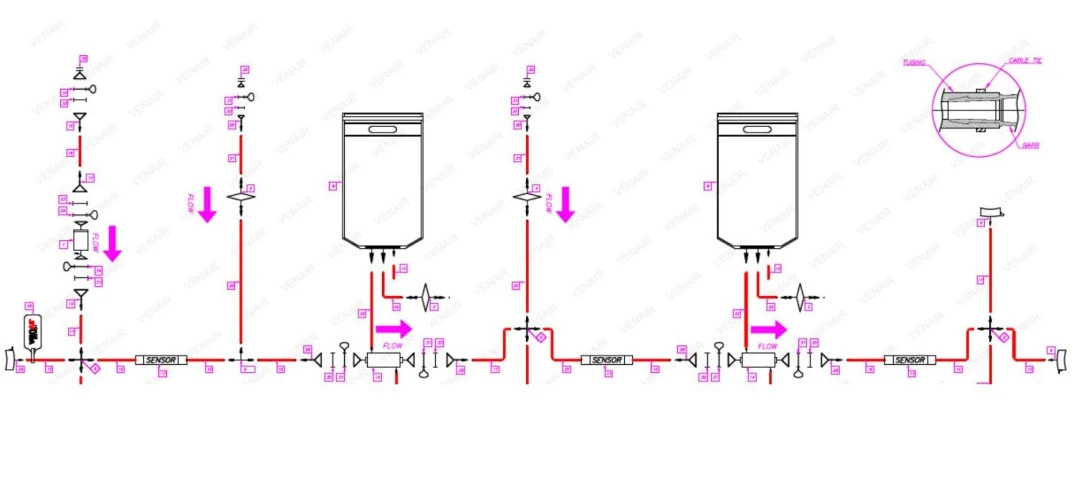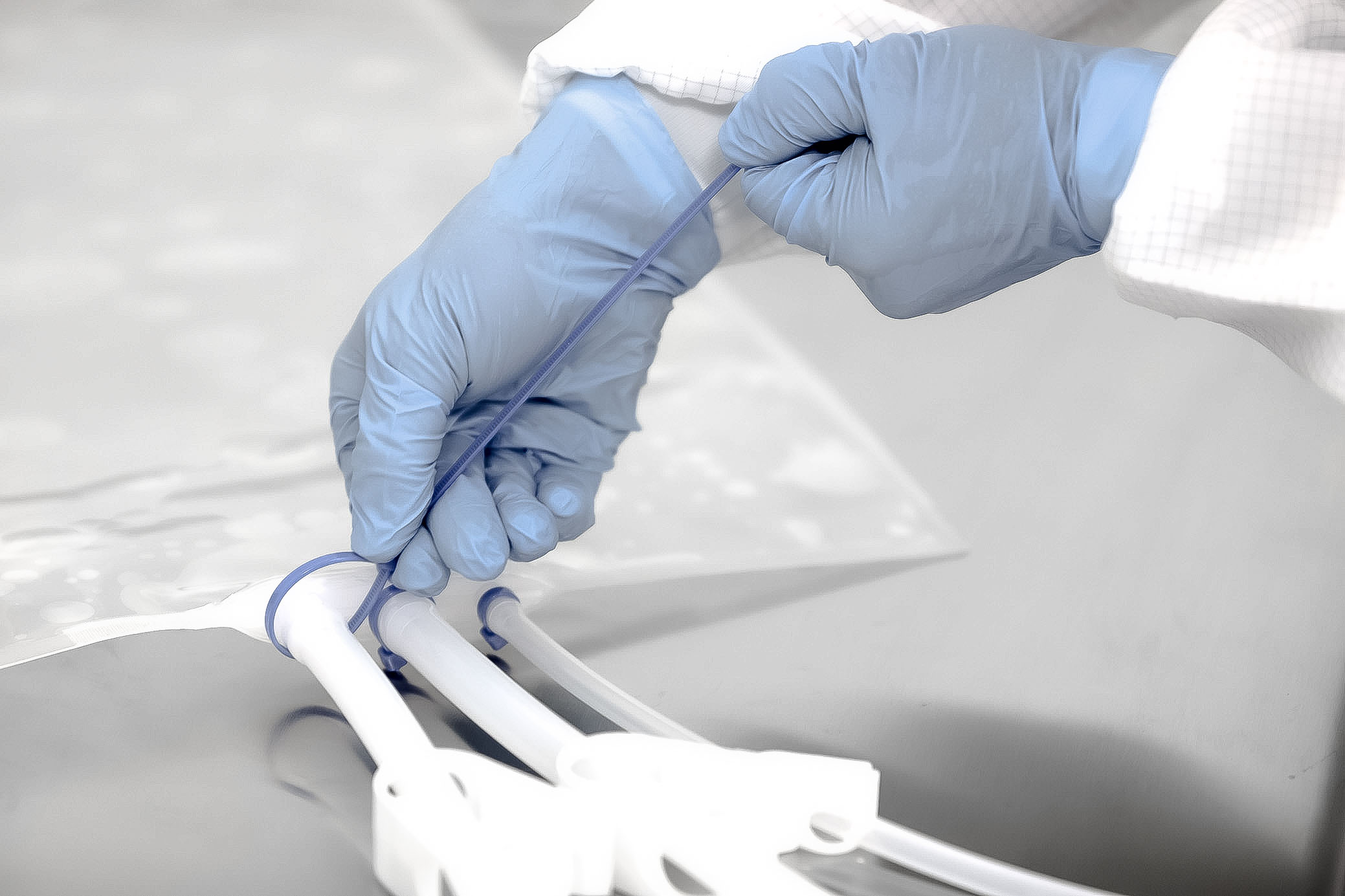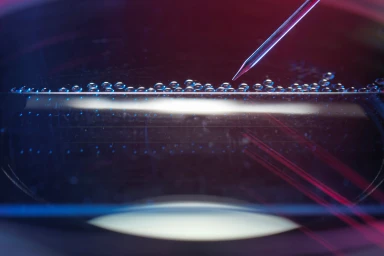5 reasons why build and design a Single Use System is a challenge

Designing and building a custom single-use system (SUS) for biotech applications can be a challenging task. While single-use systems offer numerous advantages, their customization requires careful consideration of various factors. Let's explore why the process can be difficult.
Application-specific Requirements
Biotech companies’ s processes and applications can vary significantly. Designing a custom SUS requires a deep understanding of the specific requirements, such as the type of biotech kit or solution, desired functionalities, and compatibility with existing systems. Meeting these unique specifications demands expertise and in-depth knowledge of the industry.
Single Use System’s Complex Integration
In many cases, a custom single-use system needs to integrate with existing equipment and processes. Ensuring seamless integration can be complex, as it requires detailed engineering and compatibility assessments. Factors like tubing connections, sterile connectors, and control systems must be carefully considered and tailored to the specific application, leading to increased complexity in the design and build process.

Quality and Compliance in Biotech Companies
Biotech applications demand high standards of quality and compliance. Custom SUS must meet regulatory requirements and adhere to industry guidelines for materials, sterilization, and validation. Ensuring proper documentation, traceability, and quality control throughout the design and manufacturing stages adds complexity to the process.
Supply Chain Management
Custom single-use systems often require specialized components and materials. Coordinating the supply chain and sourcing these components can be challenging, as it involves working with multiple suppliers, ensuring timely delivery, and maintaining consistency in quality and specifications.
Iterative Development
Designing and building a custom SUS is an iterative process that involves prototyping, testing, and refinement. It may require multiple iterations to achieve the desired functionality and performance. This iterative nature can extend the timeline and increase the complexity of the project.
Conclusion
Designing and building a custom single-use system in the biotech industry is a complex and challenging task due to the application-specific requirements, integration complexities, stringent quality and compliance standards, supply chain management, and iterative development process.
Overcoming these challenges requires expertise, collaboration, and a deep understanding of biotech processes. However, with careful planning, communication, and collaboration between stakeholders, a well-designed and customized single-use system can deliver significant benefits and enhance biotech applications.






